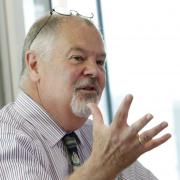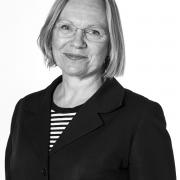Not just for special audiences: with them
How can we involve hard-to-reach audiences, or those with access challenges, in the design and creation of both the form and content of STEM activities, either in discovery centres or out in their local communities? How do we design activities not just for special audiences, but with special audiences? How do we make sure the generated ideas are given the value they deserve?
This session is based on two case studies. Ignite! has been running a series of Community Curiosity Labs in an outer city estate in Nottingham (UK), engaging children and families who believe that science is hard, irrelevant and 'not for the likes of us', to show how science is part of their everyday lives. MegaMind at The National Museum of Science and Technology in Stockholm (Sweden) opened in September 2015. The theme is the creative and innovative brain. 43 installations are open to the public and many of them are created in co-creation and co-curation with children.
After a short presentation of both projects, participants will be invited to work in small groups to come up with open-ended activities addressing the (real) questions raised by Community Curiosity Lab audiences, and to make an "Idea generator" installation more inclusive.
Facilitator
Nottingham
United Kingdom
Session speakers
Nottingham
United Kingdom
Rick Hall, convenor for this session, is Founder of Ignite! and created the Community Curiosity Labs. In introducing the session Rick will describe the partnerships with the local university to engage and support the Scientist in Residence - and with Nottingham City Homes, the housing and welfare organisation.
Project Manager MegaMind, new Science Center 2015
Asa Lindgren is Project Manager of MegaMind at Tekniska museet (National Museum of Science and Technology) in Stockholm. Asa will describe the process to create and curate a new programme at the Museum. Many young people with learning disabilities think they are hostage when it comes to participation, they also need to be sure that they come to a safe and secure place that can handle their dysfunctions. Asa will describe how this essential learning came about and its impact on project planning.
Mariana Back is Curator of MegaMind
Mariana Back has been part of the Project team, responsible for facts and contact with researchers and also contact with the reference group accessibility. Mariana will describe in more detail the challenges and learning opportunities that arise when young people with learning disabilities are genuinely engaged in project planning, design and delivery.



